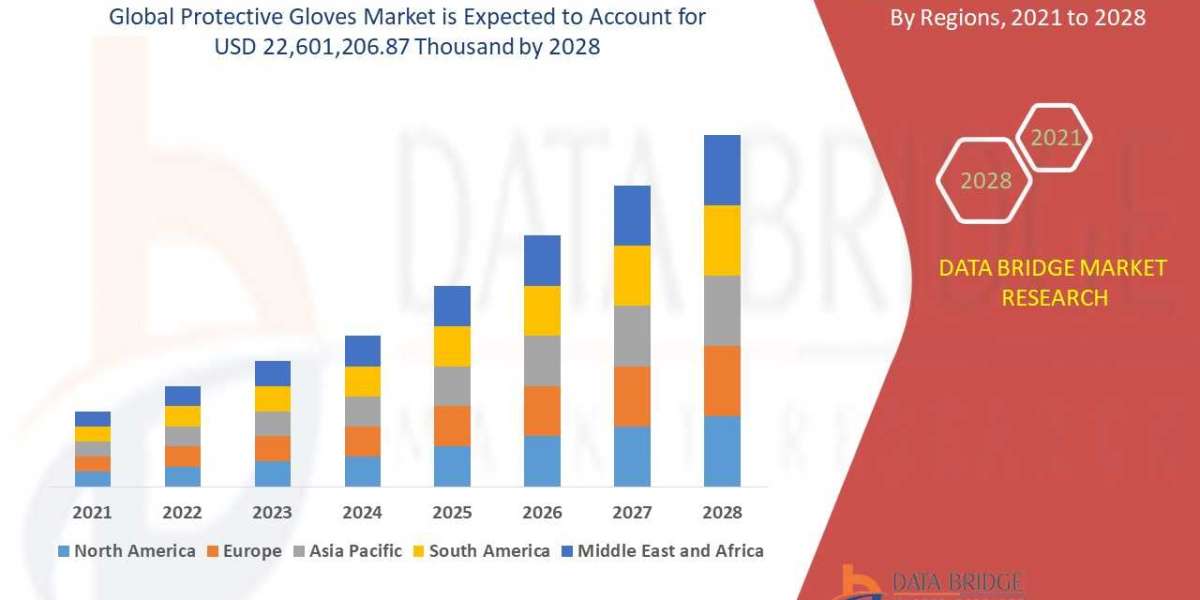DNA sequencing stands at the forefront, unlocking the secrets of life encoded within our genetic makeup. The DNA sequencing market has witnessed remarkable growth, fueled by advancements in technology and a deepening understanding of the human genome. Genetic sequencing and genome sequencing have become pivotal tools, revolutionizing fields such as personalized medicine, agriculture, and evolutionary biology.
DNA Sequencing Market Size is projected to grow from USD 2.5 Billion in 2023 to USD 4.8 billion by 2030, at CAGR 11.20% during the forecast period (2023 - 2030)
Genetic sequencing, a fundamental aspect of DNA analysis, involves the determination of the order of nucleotides in a DNA molecule. This process allows scientists to decipher the genetic code, providing insights into the genetic variations that contribute to an individual's unique traits and susceptibility to certain diseases. As technology has evolved, the cost of genetic sequencing has significantly decreased, making it more accessible for researchers, clinicians, and even individuals curious about their own genetic makeup.
Taking genetic sequencing to the next level, genome sequencing involves mapping the entire DNA sequence of an organism, be it human, plant, or microbe. This comprehensive approach facilitates a holistic understanding of the genetic composition, aiding in the identification of potential genetic markers for diseases, understanding evolutionary relationships, and tailoring personalized treatment plans in healthcare.
Market Dynamics and Trends
The DNA sequencing market is characterized by dynamic shifts, driven by continuous technological innovations. Next-generation sequencing (NGS) technologies have significantly enhanced sequencing speed and reduced costs, making large-scale projects feasible. Additionally, the rise of direct-to-consumer genetic testing has contributed to market growth, empowering individuals to explore their ancestry, health risks, and potential genetic predispositions.
Major Key Players:
Some of the DNA Sequencing Companies are Perkin Elmer, Roche Holdings AG, Siemens AG, Illumina, Agilent Technologies Inc., Genia Corporation, Oxford Nanopore technologies, Koninklijke Philips N.V., Pacific Biosciences, Johnson Johnson, Deep Genomics, Inc., Life Technologies, Illumina, Eppendorf, Tecan, and Thermo Scientific, Hamilton Thorne Biosciences, General Electric Company, Siemens Healthineers GmbH, Myriad Genetics, Bayer Corporation, Beckman Coulter, and others.
Segment Analysis
The global DNA sequencing market has been segmented on the basis of type, product, technology, application, and end-users.
On the basis of type, the market is segmented into instruments and consumables services and workflow products. Based on product the market is segmented into sequencing services and sequencing instruments and consumables. Sequencing instruments and consumables are further sub-segmented into two types such as sequencing instruments and consumables by product type and by platform type. Sequencing instruments and consumables by product type are further sub-segmented into consumables, instruments, whereas sequencing instruments and consumables by platform type are further sub-segmented into NGS, sanger, bioinformatics, sample prep kits, and reagents.
On the basis of technology, the market is further segmented into dna modifying enzymes, semiconductor sequencing, pyrosequencing, sequencing by synthesis, single-molecule real-time sequencing (SMRT), sequencing by ligation (SBL), and other technologies. On the basis of application, the market is further segmented into diagnostics, agriculture and animal research, biomarker discovery, personalized medicine, drug discovery, and other applications. Based on end-user, the market is segmented into research centers and government institutes and academia, biotechnology and pharmaceutical companies, clinics and hospitals, and other end-users.
The market has been segmented, by region, into the Americas, Europe, Asia-Pacific, and the Middle East and Africa.
Regional Analysis
The market in the Americas is expected to boost the global DNA sequencing market owing to technological advancements and increasing incidences of genetic disorders among patients. Increasing investments by government organizations in the research and development of DNA sequencing are also boosting the market growth in this region. The European market is expected to be the second-largest due to government funding and support from the healthcare sector coupled with the rising prevalence of the genetic disorder. However, Asia-Pacific is projected to dominate in terms of growth rate over the forecast period owing to the rising investment towards RD activities and unhealthy lifestyle which are resulting in an increased prevalence of cancer and other disorders. Rising geriatric population and increasing prevalence of tumor among patients in this region have a positive influence on the development of DNA sequencing market in this region. The Middle East and Africa accounts for the smallest share due to lack of medical technology and poor medical facilities. Emerging economies such as India and China are leading to growth in the demand for DNA sequencing owing to an increasing number of healthcare awareness programs, government investments in healthcare, and favorable healthcare insurance coverage.
Browse Related Reports:
Peripheral Neuropathy Treatment
Body Contouring Devices and Procedures
For More Information, Please Visit @ Market Research Future














